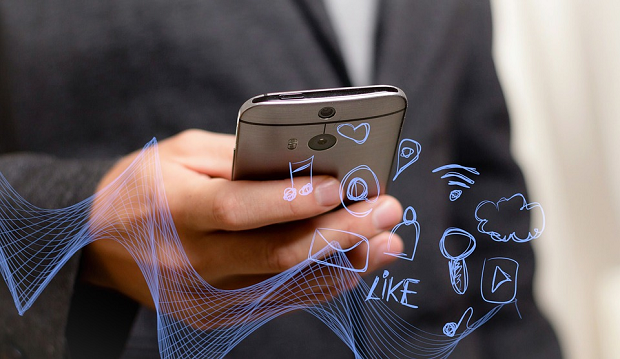Consumers welcome many types of personalized mobile messages from businesses, and they are 35x more likely to open mobile messages than emails, according to new research.
The global study, from Sinch, also found that businesses have been slow to provide the type of high-value, real-time messaging that consumers prefer most.
Consumer Engagement 2020 report uncovers a clear “opportunity gap” between how consumers use messaging today, versus how they would like to use it. For example, 62% of consumers would like to confirm service appointments via messaging, though just 41% do so today. And 70% want banks to message them about suspicious activity in their accounts, yet only 35% receive those today. This type of gap exists across verticals and regions.
“CX leaders understand that even with access to dozens of channels to reach customers, they must use restraint and find the right touchpoints for each individual,” says Jonathan Bean, CMO at Sinch, a global leader in messaging, voice and video. “For many, mobile messaging is still a new ecosystem, but the research shows consumers are open and willing to engage with businesses through mobile messaging, so long as businesses provide high-value information that’s personalized.”
Gathering insights from 2,300 consumers across the globe and perspectives from leaders in customer engagement at brands including Oracle, Uber and Adobe, Sinch explores the messaging scenarios consumers find useful and welcome — and those where they experience great trepidation. Key findings include:
People put up with unread emails, not unread mobile messages: 40% of consumers say they have at least 50 unread emails in their inbox – but just 4% say the same about mobile messages.
Consumers wary about app downloads
80% of consumers say they’ll only download an app from a company they know and trust, and 72% are concerned apps are tracking their movements. This wariness is an important consideration for businesses investing in branded app development.
Mobile users ready for rich engagement
Best-in-class companies are experimenting with personalized video, rich media messaging and AI-fueled conversations —and consumers are pleased with the results. For example, 2 in 3 who have used a chatbot report a positive experience, citing speed and efficiency, and most saying the chatbot served them as well or better than a human agent.
The global study of 2,300 consumers was fielded in August 2019, and examines current and desired use of mobile messaging, attitudes about data privacy, acceptance of chatbots and channel preferences.
To download a copy of Mobile Consumer Engagement 2020, click here

